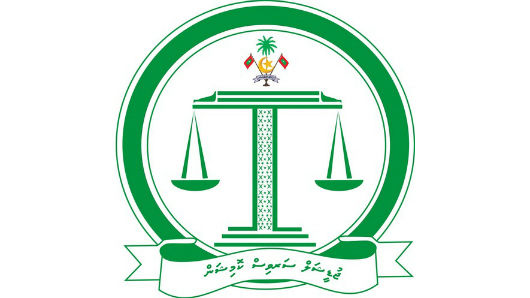Judicial watchdog passed over qualified nominees in appointment of judges
A leaked marks sheet compiled after evaluating some 26 candidates shows that the Judicial Service Commission passed over three judges who topped the list with the highest marks based on educational qualifications and experience.

13 Apr 2016, 09:00
The Judicial Service Commission’s appointment of judges to superior courts last week was not based on merit, a leaked marks sheet compiled by the watchdog has revealed.
The leaked document, obtained by The Maldives Independent, shows that the judicial oversight body passed over three judges who topped the list of 26 applicants with the highest marks based on educational qualifications and experience.
Asked about the decision, JSC spokesperson Hassan Zaheen said: “The law states the commission can make a decision by the majority of its members’ vote.” He declined to comment further.
The candidates were put to a secret vote in the order of those who received the highest points. The first candidates who received a majority from the 10-member commission were appointed.
Become a member
Get full access to our archive and personalise your experience.
Already a member?
Discussion
No comments yet. Be the first to share your thoughts!
No comments yet. Be the first to join the conversation!
Join the Conversation
Sign in to share your thoughts under an alias and take part in the discussion. Independent journalism thrives on open, respectful debate — your voice matters.




